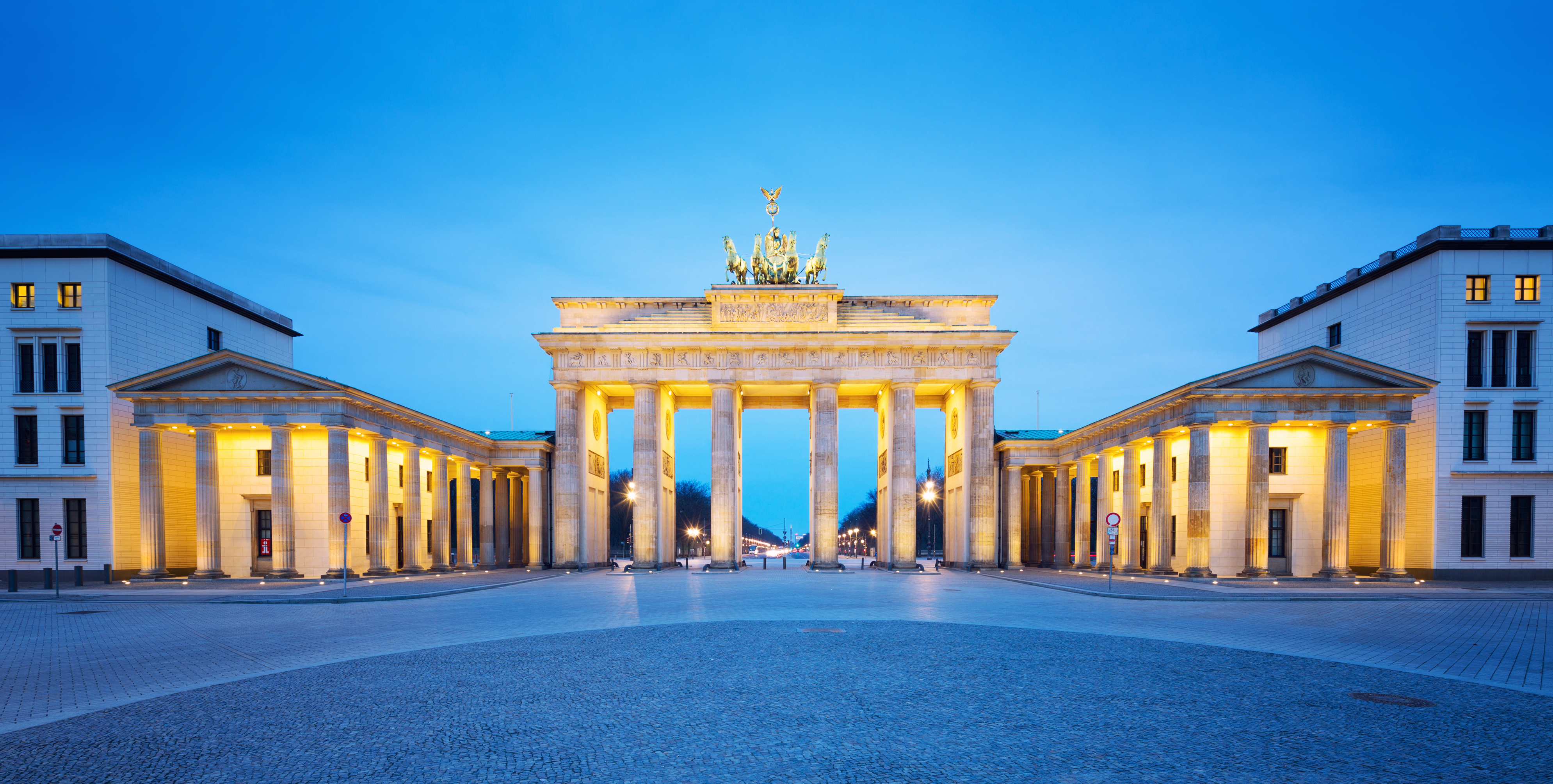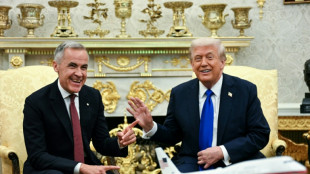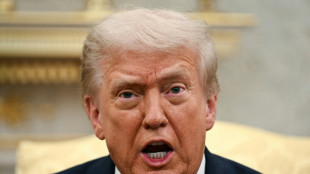EU targets foreign steel to shield struggling sector
The EU unveiled proposals on Tuesday to double tariffs on foreign steel -- taking a leaf from US President Donald Trump's book in a bid to protect the bloc's struggling industry from cheap Chinese competition.
"This is the reindustrialisation of Europe," industry commissioner Stephane Sejourne wrote on X, as he announced the plan to hike steel levies to 50 percent and halve the volume allowed into the 27-country bloc before duties kick in.
The EU strategy mirrors the one embraced by Trump, who likewise slapped 50-percent tariffs to keep out cheap metals from China, producer of more than half the world's steel. Canada has taken similar steps.
Subject to approval by the EU's member states and parliament, the proposal is intended to permanently replace the current safeguard scheme, which imposes 25-percent duties beyond set import quotas, but ends next year.
"The European steel industry was on the verge of collapse -- we are protecting it so that it can invest, decarbonise, and become competitive again," Sejourne told journalists before the announcement.
- Millions of jobs at risk -
Sejourne was to formally present the plan later Tuesday at the European Parliament in Strasbourg, along with trade commissioner Maros Sefcovic.
The EU trade chief is hoping to team up with Washington to tackle Chinese overcapacity and has been in talks with his US counterparts to agree on steel import quotas.
After the US-EU tariff deal agreed in July, Sefcovic said the European and American steel and aluminium sectors suffered from the same problem.
The data paints a stark picture of a European sector dwarfed by the world's steel giants.
Last year, China produced more than one billion tonnes of steel, far ahead of India, responsible for 149 million tonnes.
The United States came in fourth, producing around 79 million tonnes, according to World Steel figures.
In contrast, Germany produced some 37 million tonnes while French production was less than 11 million tonnes.
Separately, the EU is seeking a "metals alliance" with the United States to ringfence their respective economies from Chinese overcapacity.
As the EU pushes ahead with decarbonising industry, steel is critical for renewable energy equipment, from solar panels to wind turbines, and for electric cars.
The steel sector employs around 300,000 people in Europe, and nearly 100,000 jobs have been lost in the past 15 years, the industry says.
The current crisis puts those workers at risk as well as 2.3 million indirect jobs, according to Eurofer.
A.Vogel--BVZ



